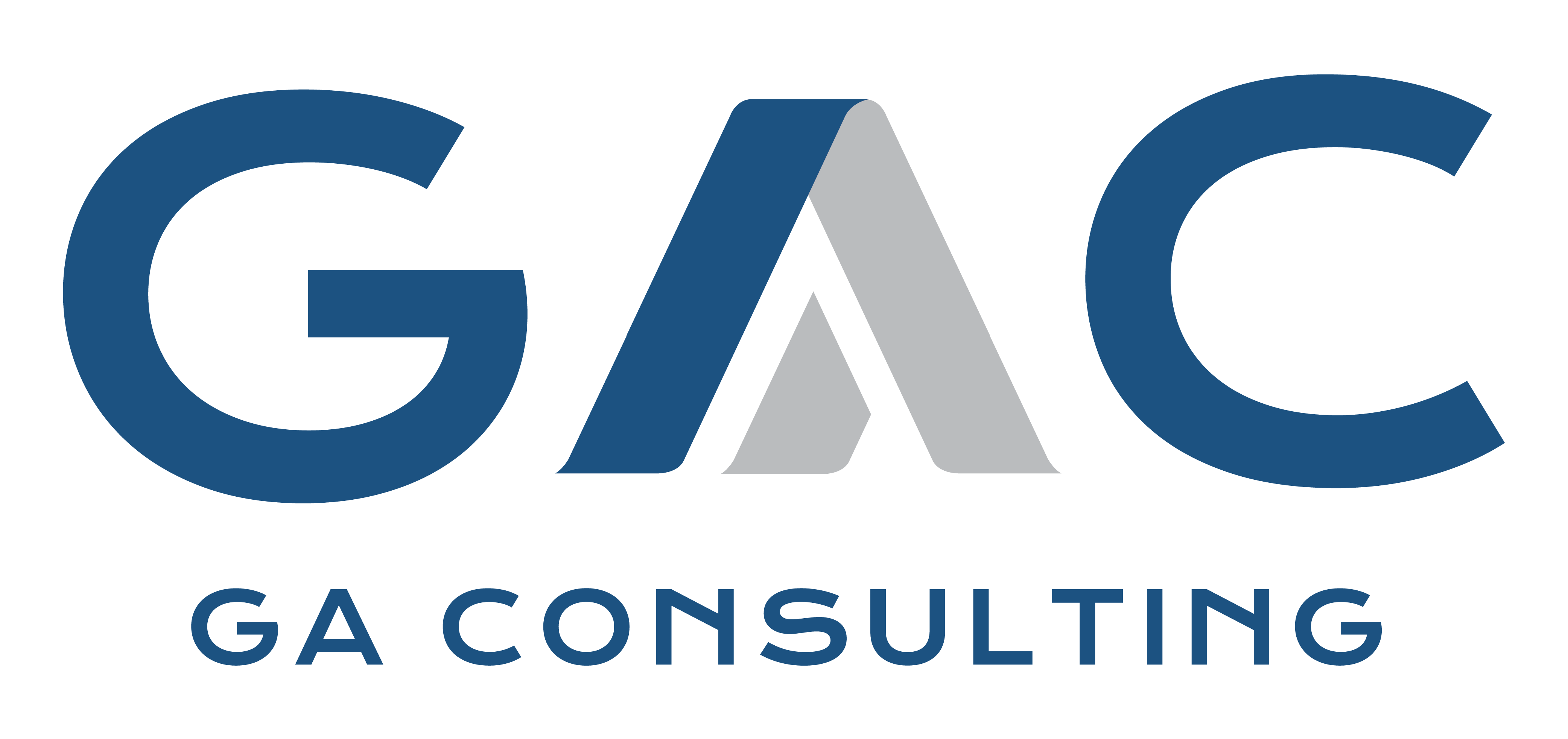As a freelancer, understanding payment terms is crucial to safeguarding your income and maintaining smooth client relationships. Clear payment agreements can save you from misunderstandings, ensure timely compensation, and protect your work’s value. Whether you’re a seasoned freelancer or just starting, it’s essential to define and negotiate payment terms that suit your business needs. Let’s dive into the various payment terms every freelancer should know and consider.
Key Payment Terms Freelancers Should Include
To ensure fair compensation and avoid payment issues, here are the comprehensive payment terms freelancers should include in their agreements:
- Upfront Deposits
Request a portion of the payment before starting, typically 30–50%. This ensures the client’s commitment and covers your initial expenses. - Payment Milestones
Divide projects into stages, tying payments to specific deliverables, such as drafts or final outputs. This provides consistent cash flow and accountability. - Accepted Payment Methods
Specify acceptable platforms, such as PayPal, Wise, GCash, or direct bank transfers. Having multiple options makes payments easier for clients. - Payment Deadlines
Set clear deadlines for payments, such as “within 7 days of invoice receipt.” Timely payments ensure consistent cash flow. - Rush Fees for Urgent Projects
If a client requires expedited delivery, include a clause for rush fees (e.g., an additional 20% of the project rate). Define what constitutes “rush work” (e.g., delivery within 48 hours) and clarify terms for such requests. - Late Payment Penalties
Add a penalty clause for late payments, such as a 2% weekly charge. This motivates clients to pay on time and secures your finances. - Refund Policies
State whether deposits are refundable and under what circumstances. This protects you from unfair client requests. - Revision Limits and Costs
Set a limit on free revisions and define charges for extra revisions. For example, “Two free revisions, additional revisions billed at ₱500 each.” - Scope of Work and Change Requests
Clearly outline the deliverables. Moreover, for any work beyond the agreed scope, clearly state that additional charges will apply. - Currency and Conversion Fees
Specify the currency for payments and who will cover conversion or transaction fees, especially for international clients. - Escrow Services
For large projects, suggest escrow services where funds are deposited upfront and released upon project completion. - Retainer Agreements
For long-term collaborations, request a retainer payment to ensure your availability and steady income. - Termination Terms
Outline payment obligations if the project is canceled by either party, ensuring compensation for completed work. - Invoice Requirements
Include details like your name, contact, tax information, project description, and due date to create a professional invoice. - Dispute Resolution Terms
State how disputes will be handled, such as through arbitration or mediation, to avoid lengthy conflicts. - Tax Obligations
Clarify if your fees include taxes or if they will be added. This ensures transparency and compliance with tax regulations.
Why Are Payment Terms Important for Freelancers?
Payment terms are essential because they protect your income, reduce payment delays, and create professional relationships. These agreements establish clear expectations, ensuring a smooth working process. Without them, you risk financial instability and unnecessary stress.
When to Discuss Payment Terms
Discuss payment terms during the proposal stage, well before starting the project. Confirm all terms in a written contract signed by both parties. This ensures that expectations are aligned and reduces misunderstandings.
How to Enforce Payment Terms
- Create Contracts
Always formalize agreements in contracts with clear, detailed payment terms. - Use Professional Invoices
Send clear and professional invoices promptly, detailing amounts, due dates, and penalties for delays. - Follow Up Diligently
If payments are delayed, follow up with polite reminders. Maintain professionalism while asserting your rights. - Be Firm Yet Professional
Stick to your terms, especially for penalties and rush fees. This shows clients that you value your work and time.
Secure Your Freelancing Income
Mastering payment terms is essential because it ensures your freelancing business runs smoothly. More importantly, it protects your income, prevents misunderstandings, and builds trust with clients. So, take control of your payments by implementing clear, professional terms tailored to your needs.

Stay Updated with Freelancing Tips
Let’s grow your freelancing success together! Follow us on socials TikTok, YouTube, Facebook, and Instagram, and explore our blogs.

